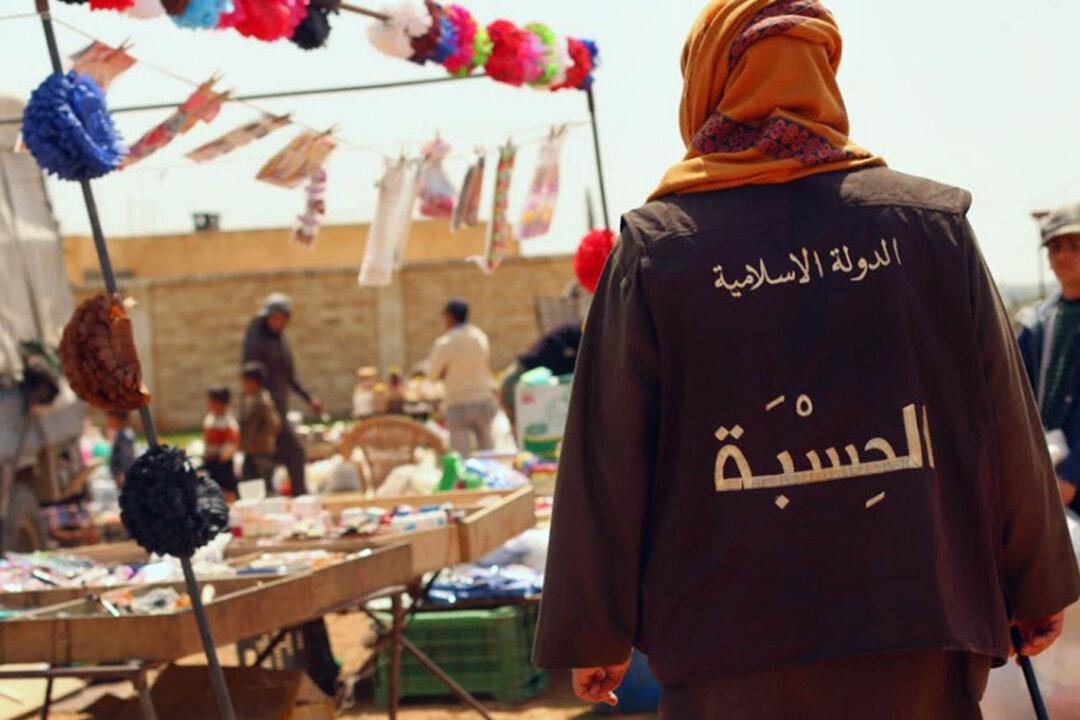BEIRUT —During the Muslim holy month of Ramadan, the ISIS group is showing two faces to the millions who live under its rule in Iraq and Syria — handing out food and alms to the poor to tout their adherence to the month’s spirit of compassion while meting out sharp punishment to anyone caught breaking the daily fast.
The double approach reflects the policy that the extremist group has followed ever since it overran large parts of the two countries and declared a “caliphate” in its territory last year. It has sought to build public support by providing services and acting as a functioning government, even as it imposes its strict version of Islamic law through violence.
In the Iraqi city of Mosul, the biggest city under ISIS rule, those who break the fast can be punished by being put in a cage in a public square for hours or for several days, said one resident, speaking on condition he be identified only by his first name, Omar, for his own security.





